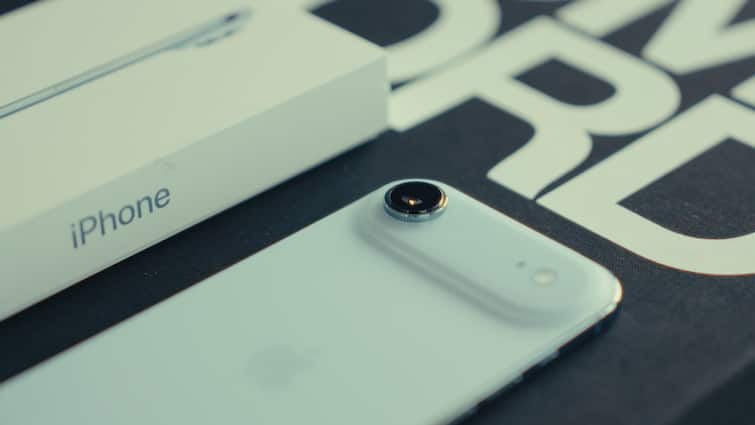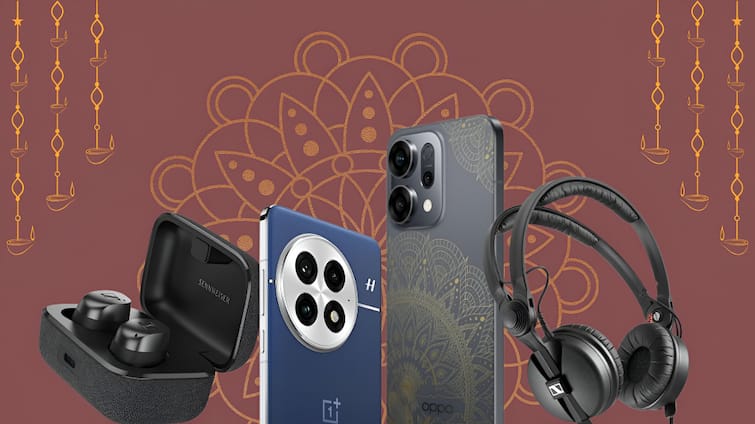Apple’s new iPhone Air became an instant hit in China, selling out in minutes on its local launch despite ongoing trade tensions between the US and China. The ultra-thin model, which supports only e-SIM, went on sale at 9 AM local time, more than a month after its global debut. Physical stores in cities like Beijing, Shanghai, and Tianjin ran out of stock quickly, while online orders now face a wait of one to two weeks.
The response shows Apple still has a strong appeal, even as Chinese brands compete aggressively.
iPhone Air China Launch: Stocks Sell Out Quickly
The iPhone Air launch shows the device’s immediate popularity in China. South China Morning Post reported that Apple stores across major cities ran out of units within minutes, and online orders now face a 7–14 day delay.
This is despite tariff tensions between Washington and Beijing. Analysts say the quick sell-out reflects continued interest in premium smartphones, even as domestic brands like Huawei, Vivo, and Xiaomi push into the high-end market.
The device’s e-SIM-only feature did not deter buyers, highlighting a loyal Apple customer base.
Apple CEO Tim Cook Strengthens China Strategy
The iPhone Air launch coincided with Apple CEO Tim Cook’s second visit to China this year.
Cook met senior government officials, including Vice-Premier He Lifeng and Commerce Minister Wang Wentao, to discuss trade, growth, and collaboration on innovation.
He also announced partnerships with local organisations, such as Beijing’s Anzhen Hospital for heart health initiatives and a donation to Tsinghua University for environmental education.
Cook emphasised that Apple’s engagement in research, education, and sustainability shows its long-term commitment to China, even as the smartphone market becomes increasingly competitive.
Despite the iPhone Air’s strong debut, Apple faces stiff competition. China’s smartphone market shrank 3% year-on-year in Q3 2025.
Vivo led with 18% market share, followed by Huawei at 16%, Apple at 15%, and Xiaomi and Oppo close behind.
The iPhone Air’s success highlights strong demand for Apple’s products, but local rivals continue to challenge its position in the crowded market.


